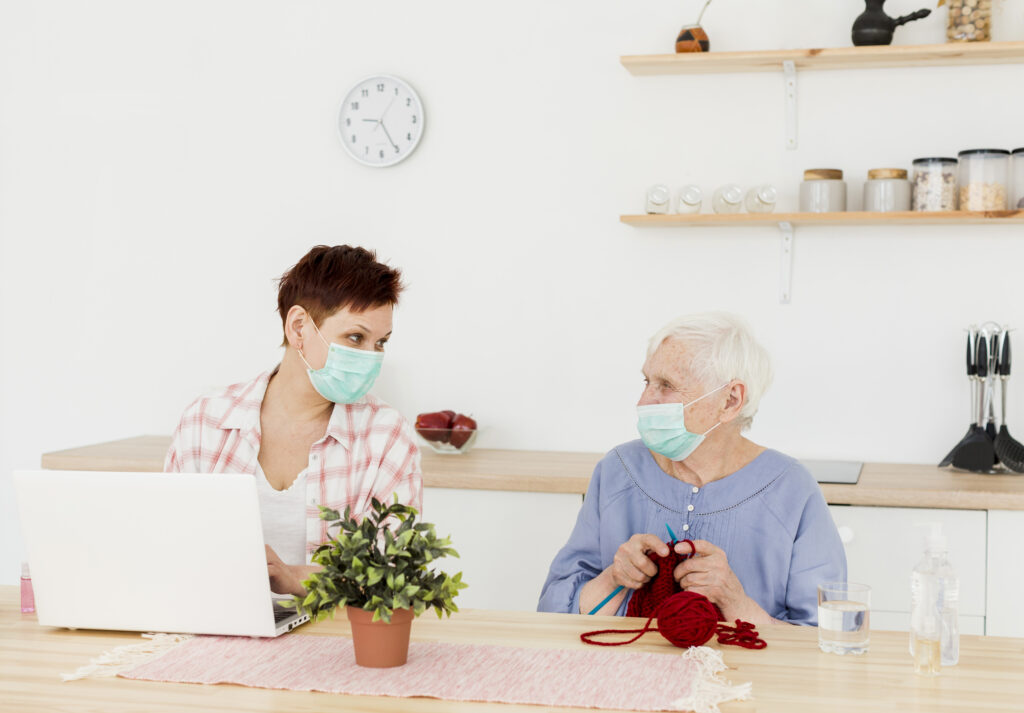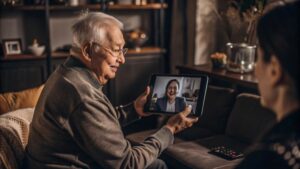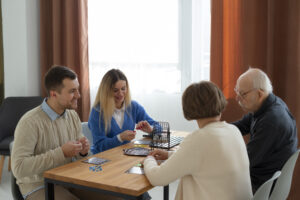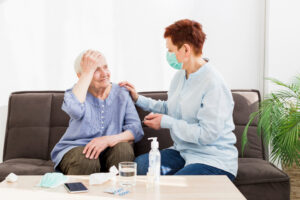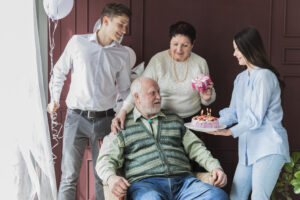Elder care is a deeply personal and critical responsibility, requiring careful attention to the physical, emotional, and mental well-being of our aging loved ones. Regular check-ins are an essential component of effective elder care, ensuring that seniors receive the support they need to maintain their quality of life.
The Importance of Regular Check-ins
- Health Monitoring: Regular check-ins allow caregivers to monitor the health of elderly individuals closely. This includes tracking vital signs, managing medications, and addressing any new or worsening symptoms promptly.
- Emotional Support: Loneliness and isolation are common issues among the elderly. Regular visits and check-ins can provide emotional support, reducing feelings of loneliness and helping to prevent depression.
- Safety Assurance: Frequent check-ins help ensure that the living environment is safe. This can include checking for hazards, ensuring accessibility, and making necessary adjustments to the home as the elder’s needs change.
- Personalized Care: Every senior has unique needs. Regular check-ins allow caregivers to tailor care plans to the individual’s current situation, making adjustments as needed to improve comfort and well-being.
Tips for Effective Check-ins
- Create a Schedule: Establish a consistent schedule for check-ins, whether daily, weekly, or monthly, depending on the elder’s needs.
- Use Technology: Leverage technology such as video calls, health monitoring apps, and emergency alert systems to enhance the effectiveness of check-ins.
- Engage in Conversation: Use check-ins as an opportunity to have meaningful conversations, asking about their day, their feelings, and any concerns they may have.
- Collaborate with Professionals: Work with healthcare providers to ensure that check-ins are comprehensive, including all necessary medical and psychological evaluations.
Regular check-ins are more than just a routine—they are a lifeline for seniors. They provide not only the necessary health and safety oversight but also the emotional connection that is vital to their overall well-being. By making check-ins a priority, caregivers can ensure that their elderly loved ones are supported, safe, and happy.

